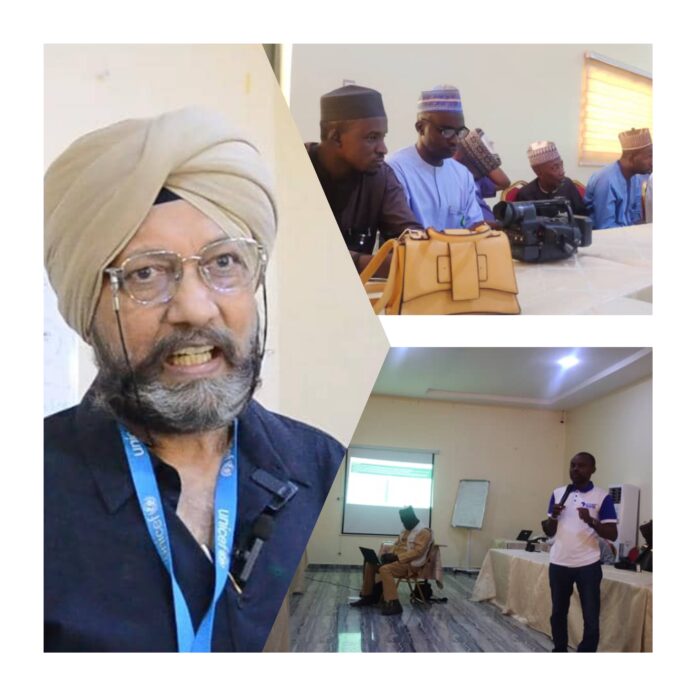By Abdullahi Inuwa
In a renewed push to eliminate polio from Nigeria, the United Nations Children’s Fund UNICEF, through its Kano zonal office, organized a strategic media dialogue on April 15, 2025, at Alhujurat Hotel in Katsina.
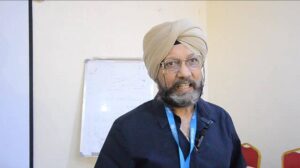
The engagement brought together journalists and media representatives from across the region to strengthen advocacy and community mobilisation ahead of the upcoming national immunisation drive.
Addressing participants, Dr. Karanveer Singh, who heads Nutrition at UNICEF Kano and currently leads the Kano Field Office, stressed the significance of the immunisation exercise scheduled for April 24 to 30, 2025. “We must ensure that every child between the ages of 0 and 5 is vaccinated.
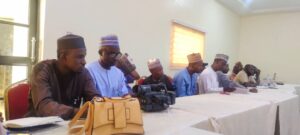
The global fight against polio cannot be won unless we stamp out the virus completely, everywhere,” he said.
While acknowledging progress made so far, Dr. Singh highlighted ongoing challenges, particularly vaccine hesitancy among some parents.
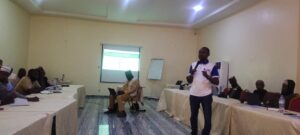
He urged journalists to work closely with traditional leaders, faith-based groups, and government agencies to amplify the right messages and dispel misconceptions.
“The polio vaccine is both safe and effective. Until we consistently achieve and maintain at least 95% coverage in every round, we remain at risk,” he warned.
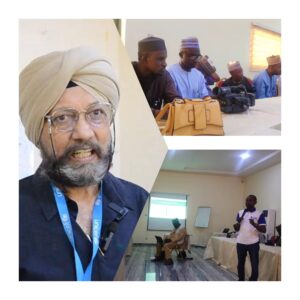 On his part, Dr. Shamsuddeen, Director of the Katsina State Primary Health Care Development Agency, outlined the measures being taken within the state to reach more children and uphold immunisation standards.
On his part, Dr. Shamsuddeen, Director of the Katsina State Primary Health Care Development Agency, outlined the measures being taken within the state to reach more children and uphold immunisation standards.
“We’ve strengthened our monitoring systems and established clear lines of accountability. Any health worker who fails in their duty will be held responsible,” he stated.
He also addressed issues of malpractice, such as false finger marking and inaccurate reporting, stressing that children would now be immunised in public spaces across communities, as opposed to the door-to-door model previously adopted.
To ensure greater coverage and credibility, the state has deployed more than 3,700 independent monitors, including retired medical personnel, educators, and NYSC members.
Dr. Shamsuddeen further revealed that Katsina has over 1,600 active health facilities offering routine immunisation.
These centres are adequately staffed and equipped, with continuous training provided to ensure high-quality service.
Vaccine distribution has been streamlined, and solar-powered cold storage units are being used to preserve vaccine efficacy.
He underscored the indispensable role of the media in the success of the campaign. “Many parents opt out of immunisation due to a lack of proper information. Media engagement is critical to bridging that gap and reaching the underserved,” he explained.
In his closing remarks, Dr. Shamsuddeen expressed appreciation for the media’s continued contribution to public health awareness and their role in reducing maternal and child mortality rates across Katsina State.


